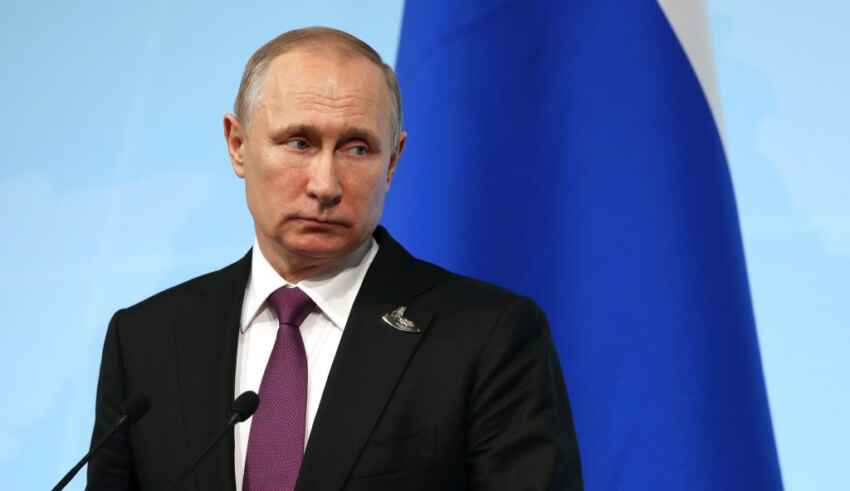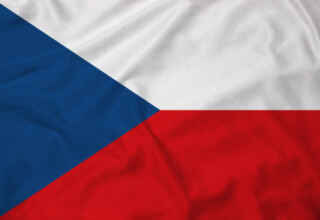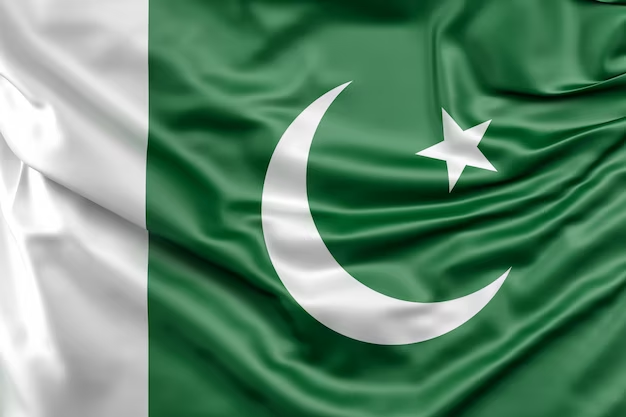
Following President Vladimir Putin’s announcement regarding a partial mobilization order on September 21, Russians have been attempting to flee to neighbouring states to avoid being drafted into the military. With the Schengen Border Code implemented, taking asylum is the next best course of action for Russian nationals fleeing persecution. However, many States have been quick to shut borders to prevent Russians from entering the EU through ‘weaker’ state boundaries. However, human rights organizations are calling out many nation-states refusing them refugees while taking in Ukrainian Refugees for violating international law and human rights instruments. So, is anger towards Russian citizens for the acts of the Government justified? And should Russian men go back to their country and fulfil their obligation as per the Lithuanian Foreign Minister’s comment? On the other hand, should these states bear the responsibility of 25 million draft dodgers? The European Union Members have conflicting opinions on the same. Some take the view that political differences must be set aside and anyone fleeing the Russian administration’s mandate must be granted refugee status and political asylum in the European Union.
The Principle of Refoulment
While the Baltic countries in the EU have a troubled history with the Soviet Union, international law obligations do not discriminate. Denying asylum to Russians fleeing military duty could constitute a violation of international law. The punishment for draft evaders in Russia is severe and recently toughened to a punishment of heavy prison sentences of up to 15 years. Therefore, risking punishment for refusing to participate in illegal combat is a valid ground for granting refugee status. International law is clear that returning people to a country where they are at risk of persecution, torture or degrading treatment constitutes ‘jus cogens’ or mandatory principles of law that cannot be overridden. The principle of refoulment prohibits any acts leading to ‘return in any manner whatsoever’ to an unsafe foreign territory, including rejection at the frontier or non-admission to the territory. Article 14 of the Universal Declaration of Human Rights (UDHR) states that “everyone has the right to seek and to enjoy in other countries asylum from persecution.” The same has been enunciated in the 1951 Convention Relating to the Status of Refugees (1951 Refugee Convention) and its 1967 Protocol. While international law is often non-binding, the principle of refoulment forms the cornerstone of international refugee law. By turning away Russians, the Baltic regions have violated this fundamental principle of international law over the last many weeks. While the International Community may fail to sympathize with Russians, they cannot shun their international law obligations. While reasons for national security and resources are often cited to prevent their entry, they are not entitled under international law to completely prevent the entry of asylum-seekers. Many States refuse to call them refugees in order to circumvent their obligation but denying asylum without examining their status on an individual basis is a violation of international law. While conscription is legal in many nations around the globe, including Russia, however, this is not the first time citizens of a nation have moved to avoid being drafted. Many Americans found refuge in Canada during the Vietnam War to avoid drafting.
The European Union must consolidate efforts to ensure all EU members respect their obligation and must come to a consensus regarding the official policy of the Union. This is especially important in light of criticism against Latvian pushbacks on asylum seekers crossing over from Belarus and the EU condoning the same. It is also concerning that members of the European Union are granting refugee status to certain groups (Ukrainian feeling Russian invasion) alone. Europe’s double standard for refugees was highlighted at the beginning of the Russian-Ukraine war, and accounts of racial motives were attributed to this. With the controversy hardly set aside, it is crucial that the EU recommits itself to its international law obligations. The European Union must look into implementing its Common European Asylum System (CEAS) consistent with the Geneva Convention relating to the Status of Refugees. A common ground would also greatly benefit the member states in formulating a policy to ensure the refugee flow does not compromise national security and drain economic resources. The Temporary Protection Directive activated during the onset of the armed conflict is a positive step toward a more sustainable policy, but efforts must be targeted to make the policy equal and equitable to all refugees. Together an action plan can be formulated to share the responsibility on geographical, cultural and economic parameters. The European Union needs to tackle its deeply politicalized and allegedly discriminatory refugee policy.
References
Baltic nations say they will refuse refuge to Russians fleeing mobilisation, Reuters (September 21, 2022) https://www.reuters.com/world/europe/latvia-says-it-wont-offer-refuge-russians-fleeing-mobilisation-2022-09-21/
UN High Commissioner for Refugees (UNHCR), Key Legal Considerations on access to territory for persons in need of international protection in the context of the COVID-19 response, 16 March 2020, available at: https://www.refworld.org/docid/5e7132834.html [accessed 21 October 2022]
Common European Asylum System, European Union. Retrieved on October 21, 2022 https://home-affairs.ec.europa.eu/policies/migration-and-asylum/common-european-asylum-system_en
Ward, Alexander “The coming fight over Russian asylum-seekers”, September 26, 2022. Poltico, https://www.politico.com/newsletters/national-security-daily/2022/09/26/the-coming-fight-over-russian-asylum-seekers-00058807
Ukraine: Council unanimously introduces temporary protection for persons fleeing the war, March 4, 2022 Council of European Union. https://www.consilium.europa.eu/en/press/press-releases/2022/03/04/ukraine-council-introduces-temporary-protection-for-persons-fleeing-the-war/
By The European Institute for International Law and International Relations.













